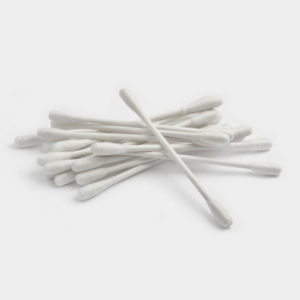Unraveling the mysteries of composting has always been an adventure for the environmentally conscious. Picture this: as you diligently separate your organic waste from the recyclables, a nagging question arises. Can you truly compost those seemingly insignificant, cotton-tipped warriors – Q-tips? Yes, those tiny, versatile sticks that have been a constant companion in bathroom drawers, ear-cleaning rituals, and even arts and crafts projects. Alas, the time has come to explore the fate of these humble single-use tools in the realm of composting. Journey with us as we embark on a quest to unveil the truth behind the compostability of Q-tips, shedding light on whether they can gracefully bid adieu to their bathroom-dwelling companions and become one with the rich, dark humus of Mother Earth.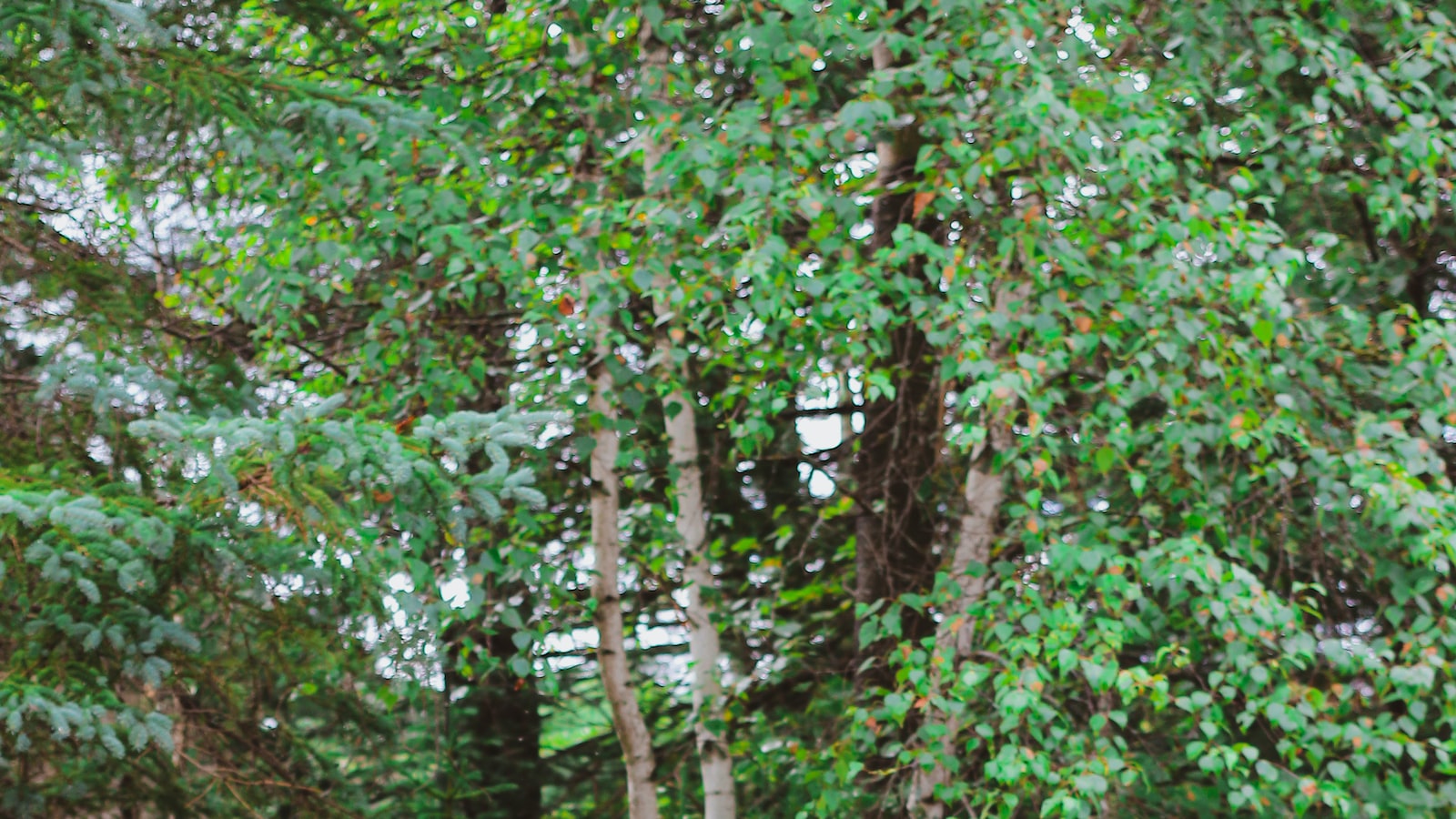
Can You Compost Q Tips?
Q tips, those little cotton swabs that accompany us in our daily hygiene routines. But what should you do with them once they’ve served their purpose? The answer is yes, but it’s not as straightforward as you might think.
Q tips are typically made of cotton and come with a plastic stick, which means they are compostable to some extent. However, it’s essential to consider the type of Q tips you have at hand. Many Q tips have plastic handles, which are not biodegradable and should not be included in your compost pile. On the other hand, if you have Q tips with paper or bamboo sticks, they are more suitable for composting.
| Features/Tips: | |
|---|---|
| 1. | Check the handles: Look for Q tips with paper or bamboo sticks; they are compostable. |
| 2. | Be mindful of plastic handles: Avoid composting Q tips with plastic sticks, as they do not break down. |
| 3. | Remove the cotton: Before composting, remove the cotton from the Q tips, as it composts at a different rate than the stick. |
When composting Q tips, it’s important to follow the right steps to ensure a successful breakdown in your compost pile. Start by separating the cotton from the stick, as they have different composting rates. You can add the cotton to your compost pile, but it’s recommended to tear it into smaller pieces for faster decomposition. As for the Q tip stick, if it’s paper or bamboo, you can break it into smaller segments to facilitate the composting process.
The composting process can take time, so be patient. Make sure you maintain the right balance of moisture and aeration in your compost pile, as this will help with decomposition. Remember, if you’re unsure about the type of Q tips you have, it’s best to err on the side of caution and dispose of them properly in the regular trash. Composting is a great way to reduce waste, but it’s crucial to do it right to avoid any potential issues.
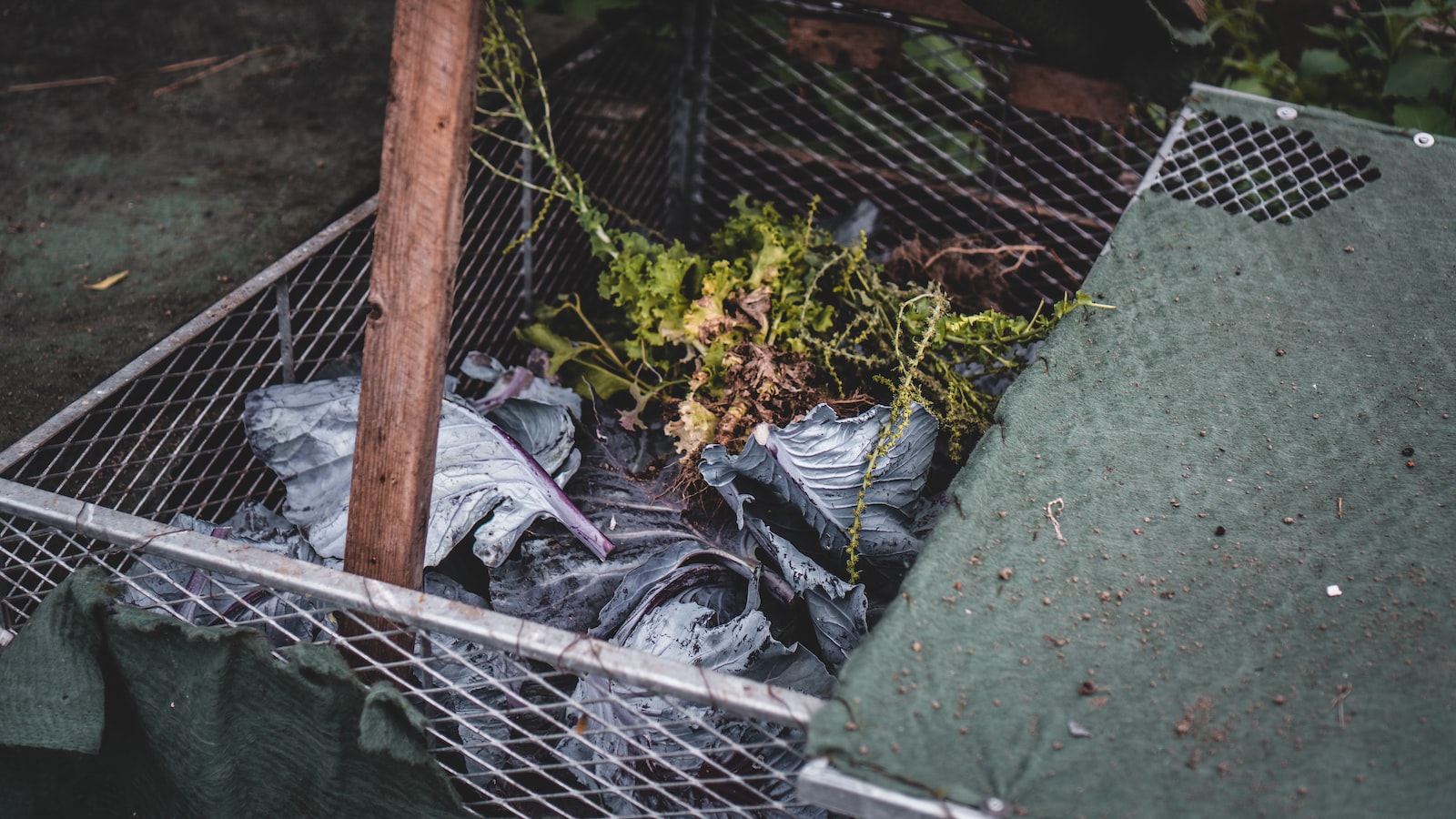
Examining the Compostability of Q Tips
When it comes to the sustainability of everyday items, one question that often arises is whether certain products can be composted. Q tips, those little cotton swabs that many of us use on a daily basis, are no exception. So, let’s dive into the world of compostability and see if Q tips have what it takes to break down naturally.
The main component of Q tips is cotton, which is a biodegradable material. This means that under the right conditions, such as in a compost pile, Q tips have the potential to decompose and return to the earth. However, it’s important to note that not all Q tips are created equal. Some brands may use plastic as part of the stick, which can hinder the composting process. Therefore, it’s crucial to check the packaging or do some research to ensure that the Q tips you use are made of 100% biodegradable materials.
| Features | Tips |
|---|---|
| 1. Biodegradable | – Look for Q tips made of 100% cotton, without any plastic components. – Avoid Q tips with plastic sticks, as they may not compost properly. |
| 2. Compostable Packaging | – Opt for Q tips that come in compostable or recyclable packaging. - Reduce waste by choosing options with minimal or no packaging at all. |
| 3. Mindful Disposal | – After usage, place used Q tips in a compost bin instead of throwing them in the trash. – Ensure your compost pile reaches the proper temperature and has the right balance of ingredients for effective decomposition. |
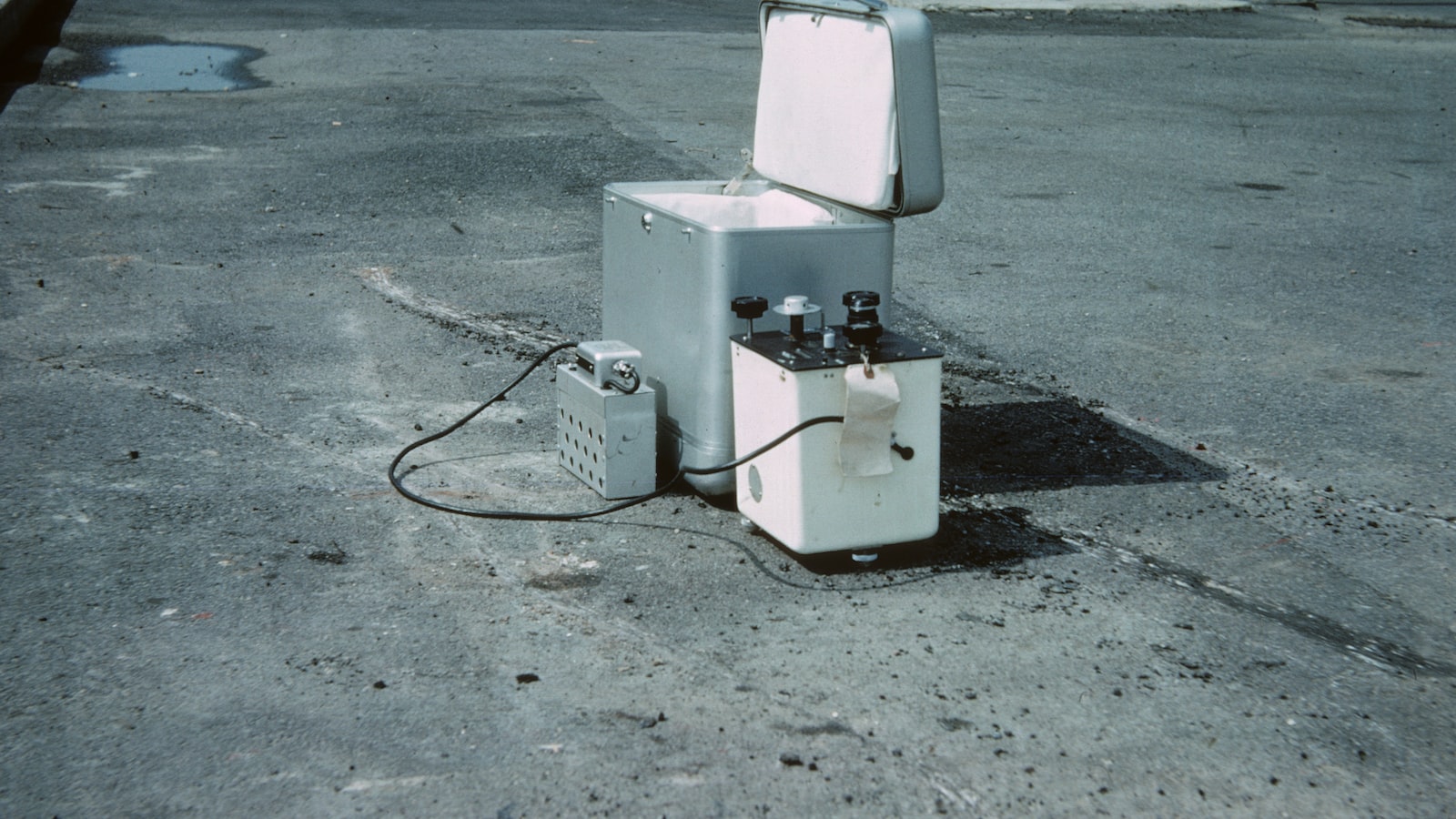
The Environmental Implications of Composting Q Tips
Q tips, also known as cotton swabs, are a common household item that many of us use on a daily basis. But have you ever wondered what the environmental implications are of composting these little cotton buds? Composting is a popular method of recycling organic waste, but when it comes to Q tips, things can get a bit tricky.
First and foremost, it’s important to note that not all Q tips are created equal. Many conventional Q tips have plastic or paper stems, which should not be composted. These non-biodegradable materials can contaminate the compost and take a long time to break down. However, there are eco-friendly alternatives available in the market that use bamboo or other sustainable materials for the stems, making them compostable. It’s essential to check the packaging or materials used in the Q tips before deciding whether they can be composted or not.
When composting Q tips, here are a few tips to keep in mind:
| Feature/Tips | Description |
| Bamboo Stems | Opt for Q tips with bamboo stems instead of plastic or paper. |
| Organic Cotton | Choose Q tips made with organic cotton that can break down naturally in compost. |
| No Plastic Packaging | Ensure the Q tips you purchase do not come in plastic packaging to minimize waste. |
By following these tips, you can make an eco-conscious decision and compost Q tips responsibly. Remember, small actions collectively make a significant impact on the environment. So next time you reach for a Q tip, consider choosing compostable options and contribute to the reduction of waste in our landfills.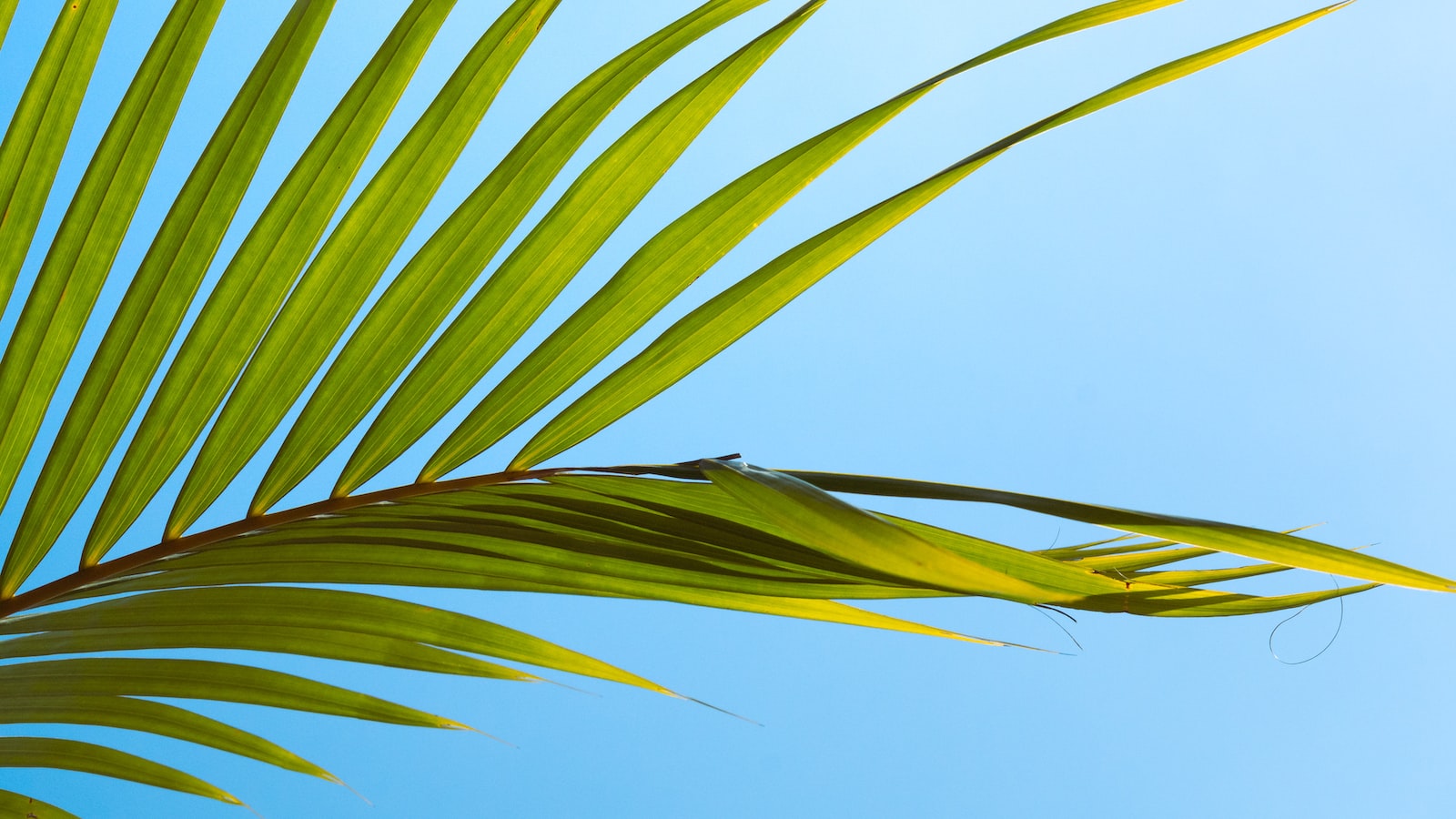
Recommendations for Composting Q Tips
Q-tips are commonly used for various purposes, from applying makeup to cleaning hard-to-reach areas. However, when it comes to disposing of them, many people are unsure whether they can be composted. The good news is that q tips can indeed be composted, but there are a few things you should keep in mind to ensure proper composting and minimize any potential environmental impact.
First and foremost, it is important to note that not all q tips are created equal. Some q tips have plastic or synthetic materials in their construction, which cannot be composted. Therefore, it is essential to select q tips that are made from 100% biodegradable and organic materials, such as bamboo or organic cotton. These types of q tips can break down easily and can be safely composted in your organic waste bin or backyard compost pile.
When composting q tips, it is essential to remove any plastic or non-biodegradable components before composting them. This means separating the cotton swab from the plastic stick or any other non-compostable packaging. After this separation, the cotton swabs can be placed directly into your compost pile or bin, where they will break down over time. Remember to mix them with other organic materials, such as food scraps, yard waste, or paper, to maintain the ideal balance of carbon and nitrogen in your compost.
Frequently Asked Questions
Q: Can you compost Q-tips?
A: Absolutely! Q-tips can be composted, but with some precautions.
Q: How can I compost Q-tips safely?
A: To compost Q-tips safely, make sure they are made of 100% biodegradable cotton. Remove any plastic parts before composting.
Q: Any creative ideas on reusing Q-tips before composting?
A: Indeed! Before composting, consider repurposing your Q-tips as artistic paintbrushes or tiny precision tools for intricate crafts. Just give them a good wash before starting your next creative adventure! As we reach the end of our composting journey, we invite you to reflect on the journey of the humble Q-tip and its fate within the compost pile. In the realm of sustainable living, we have deciphered the enigmatic question posed to us: Can you compost Q-tips?
Though the complexity of Q-tips lies in their composition, our adventurous explorations have revealed a surprising truth. These convenient hygiene tools that grace our daily rituals can indeed be composted, taking on a new purpose in the grand cycle of life. As we bid farewell to our cotton companions, they find solace in the earth, metamorphosing into rich organic matter.
But, dear readers, as we venture into this realm of composting Q-tips, let us tread with caution. For Q-tips aren’t always purely made of nature’s cottony gifts; some come adorned with plastic-stemmed bodies that defy the composting realm. As responsible stewards of the environment, it is crucial to discern the difference between the compostable and the compost-averse.
So, should you be plunging your biodegradable Q-tip companions into the depths of your compost pile, the circle of life applauds your endeavor. Embracing the essence of sustainability, their destined decomposition within the earth is a beautiful token of ecological responsibility.
However, should glossy plastic encase the core of your Q-tips, we urge you to give them a different farewell. Dispose of them in appropriate bins, for plastic and compost shall never harmoniously dance within the confines of our nurturing compost heaps.
Now, as we bid adieu, we hope the mysteries surrounding Q-tips in compost have been unraveled. Remember, dear eco-enthusiasts, as we strive for greener pastures, the power of knowledge and distinction is ever in our hands.
So let us compost with intention, with a discerning eye, and embark on this adventure that our biodegradable allies may find their rightful place once more, contributing to a thriving ecosystem. Compost on, enterprising souls, and may nature’s embrace weave through every fiber of our composting quest!
- When to Put Weed and Feed on Lawn in Michigan - October 16, 2023
- When to Fertilize Potatoes Plants - October 16, 2023
- Can You Plant Clover in the Spring - October 16, 2023
